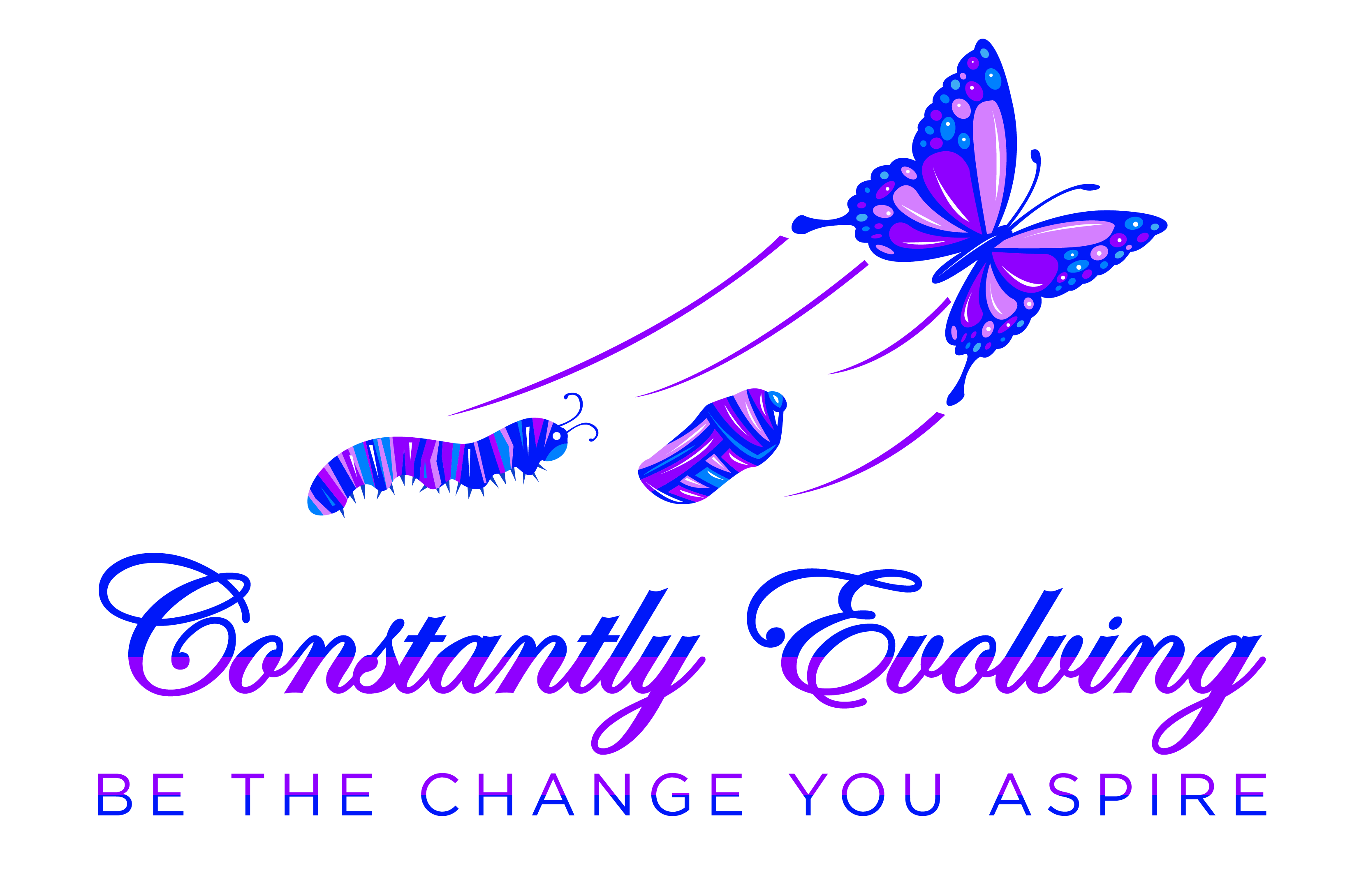EMDR Therapy
What is EMDR Therapy?
Eye Movement Desensitization and Reprocessing (EMDR) is an advanced, evidence-based therapy that helps individuals heal from trauma, PTSD, anxiety, depression, and other emotional challenges. EMDR targets the root causes of distress, allowing you to process painful memories and reframe negative thoughts that have a lasting impact on your mental health.
Unlike traditional talk therapy, EMDR helps rewire the brain’s response to trauma, using bilateral stimulation (BLS) to reduce emotional pain. Through a structured eight-phase process, EMDR empowers individuals to break free from the cycle of trauma and achieve lasting emotional healing.
How EMDR Therapy Works
During an EMDR session, you focus on a distressing memory while engaging in bilateral stimulation (BLS) alternating visual, auditory, or tactile sensations. This helps activate both sides of the brain, facilitating the reprocessing of trauma and leading to greater emotional regulation.
BLS helps desensitize distressing memories, allowing you to reframe them with more adaptive, positive beliefs. The result is healing that goes deeper than symptom management, fostering lasting recovery and emotional resilience.
The 8 Phases of EMDR Therapy:
- History Taking: Understanding your trauma history and current struggles to create a personalized treatment plan.
- Preparation: Building trust, providing education, and ensuring emotional readiness for therapy.
- Assessment: Identifying distressing memories, triggers, and negative beliefs.
- Desensitization: Reducing emotional intensity of traumatic memories using BLS.
- Installation: Replacing negative beliefs with healthier, positive perspectives.
- Body Scan: Releasing any remaining physical tension linked to trauma.
- Closure: Returning to emotional stability and ensuring safety at the end of each session.
- Reevaluation: Reviewing progress and ensuring full resolution of emotional distress.
Why Choose EMDR Therapy for Trauma, PTSD, Anxiety, and Depression?
EMDR is effective for those who want more than temporary symptom relief. By addressing the core of trauma and its emotional impact, it helps individuals create lasting change. Key benefits include:
- Comprehensive Healing: EMDR addresses the root causes of trauma, reducing emotional pain and promoting lasting recovery.
- Improved Mental Health: It significantly reduces anxiety, depression, and PTSD symptoms, improving emotional stability.
- Resilience and Empowerment: EMDR fosters personal growth, empowering you to manage future stressors with greater ease.
- Tailored to Your Needs: The therapy is individualized, so your treatment plan aligns with your specific struggles and goals.
- Holistic Approach: EMDR promotes overall mental wellness by improving emotional processing and regulation.
Is EMDR Right for You?
EMDR is an effective treatment for those who have experienced trauma, PTSD, anxiety, depression, or other emotional challenges. Both EMDR and traditional therapies are valuable approaches, each offering unique benefits. While traditional therapies provide essential support, EMDR targets the root causes of emotional distress, allowing for deeper, more lasting healing. If you’re looking for a comprehensive approach to your mental health, combining both methods or focusing on EMDR may be the solution you need.
Take the First Step Toward Healing: Begin Your EMDR Journey
Ready to explore EMDR therapy and start your journey to emotional well-being? Contact us today to schedule a consultation. We’re here to help you heal from trauma, build resilience, and live a more fulfilling life.

